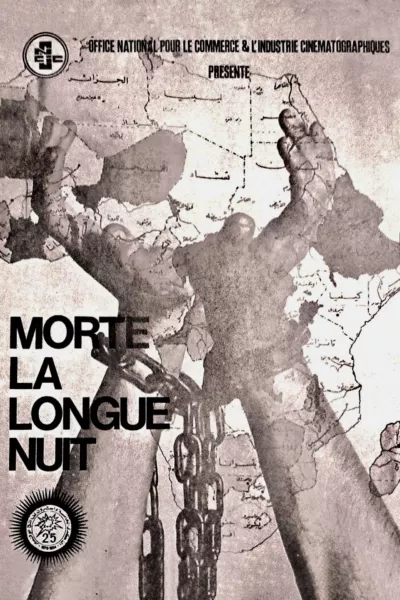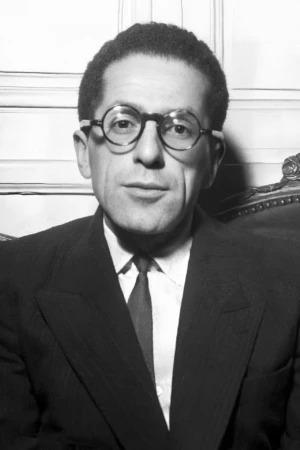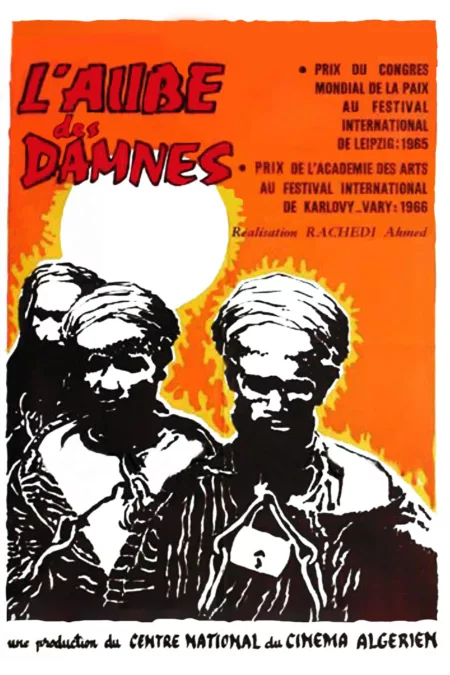Biography
Mouloud Mammeri (in Amazigh: Mulud At Mɛemmeṛ), born December 28, 1917 in Taourirt Mimoun, Kabylie (Algeria) and died February 26, 1989 in a car accident in Aïn Defla in Algeria, is a writer, anthropologist, linguist specializing in Berber (Amazigh) language and culture. His most famous works are The Forgotten Hill (1952), The Sleep of the Just (1955) and L'Opium et le Bâton (1965).
He did his primary education in his native village. In 1928, he went to his uncle living in Rabat (Morocco), where the latter was then the head of the private secretariat of Sultan Sidi Mohammed (future King Mohammed V) and the general intendant of the Royal Palace. Four years later, he returned to Algiers and continued his studies at the Lycée Bugeaud (current Lycée Émir Abdelkader, in Bab El Oued, Algiers). He then left for the Lycée Louis-le-Grand in Paris with the intention of entering the École Normale Supérieure. Mobilized in 1939 and released in October 1940, he enrolled at the Faculty of Letters in Algiers. Mobilized again in 1942 after the American landings, he participated in the campaigns in Italy, France and Germany. At the end of the war, he prepared in Paris for a competition for professorship of Letters and returned to Algeria in September 1947. He taught in Médéa, then at Ben Aknoun and published his first novel, The Forgotten Hill in 1952. He participated in the Algerian war of independence under the nom de guerre of Si Bouakaz, under the pressure of events, he left Algeria for Morocco in 1957 to avoid arrest.
From 1957 to 1962, Mouloud Mammeri remained in Morocco and joined Algeria following its independence. From 1968 to 1972, he taught Berber at the university as part of the ethnology section, the chair of Berber having been abolished in 1962. He only gave courses in this language as authorized, leading teaching courses voluntarily until 1973. From 1969 to 1980, he directed the Center for Anthropological, Prehistoric and Ethnographic Research (CRAPE) in Algiers. He also had a short-lived stint at the head of the first National Union of Algerian Writers, which he abandoned due to a disagreement on the role of the writer in society. Mouloud Mammeri collected and published in 1969 the texts of the Kabyle poet Si Mohand. In 1980, it was the banning of one of his conferences in Tizi Ouzou on ancient Kabyle poetry which was at the origin of the events of the Berber Spring. In 1982, he founded the Center for Amazigh Studies and Research (CERAM) and the magazine Awal (La parole) in Paris, also hosting a seminar on Amazigh language and literature in the form of complementary conferences within the School. advanced studies in social sciences (EHESS). In 1988, Mouloud Mammeri received the title of doctor honoris causa at the Sorbonne.
Mouloud Mammeri died on the evening of February 26, 1989 following a car accident, which took place near Aïn-Defla, on his return from a conference in Oujda (Morocco) on Amazighity. On February 27, 1989, his remains were brought back to his home, rue Sfindja (formerly Laperlier) in Algiers. Mouloud Mammeri was buried the next day in Taourirt Mimoun. His funeral was spectacular: more than 200,000 people attended his burial.
Filmography
all 5
Movies 5
Writer 3
self 1

Dead the Long Night (1979)
Gallery


Information
Known ForWriting
GenderMale
Birthday1917-12-28
Deathday1989-02-25 (71 years old)
Birth PlaceTawrirt Mimun, Algeria
CitizenshipsAlgeria, France
Also Known AsMulud At Mɛemmeṛ, مولود معمري
Awardshonorary doctorate of Paris Nanterre University, National Order of Clan Class Merit
This article uses material from Wikipedia.
Last updated:
 Mouloud Mammeri
Mouloud Mammeri- Filmography
- Information
- Related Persons





 ,
,